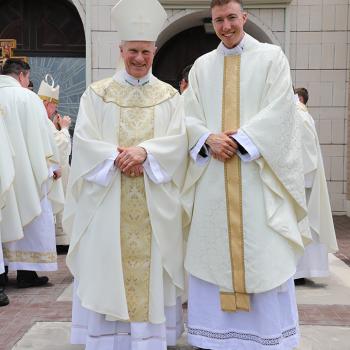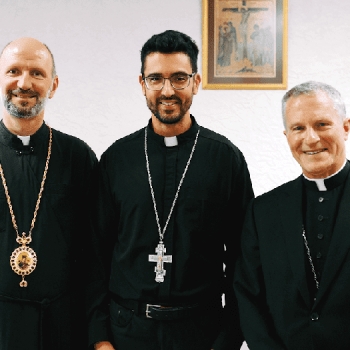The mid-twentieth century was an interesting time in human history. Christendom had seen liberalism and modernism becoming more accepted, and the mid-twentieth century saw the rise of radical theology. On April 8, 1966 Time Magazine asked “Is God Dead?” on the cover of their magazine [1]. To say the story was controversial would be an understatement, but it brought the views of two little known theologians to the forefront.
Radical Theology and its Popular Theologians
Those two were William Hamilton and Thomas Altizer and they sought to mesh Christianity with the secularism of the world [2]. Altizer was concerned with the Time article and was adamant that the radical theological movement was only seeking to name God and not forget Him [3]. However this was contradicted by his own book titled The Gospel of Christian Atheism where he said that is is time to confront the death of God [4]. Aztizer, and Hamilton for that matter, allowed for multiple interpretation and nuance in the term “death of God”. With it having several possible meaning the vague language of liberalism was once again at play. For Altizer only the Christian could answer the question of God’s death [5]. Altizer expressed the goals of God and religion in the world as standing with Jesus against suffering and dehumanization. In this regard William Hamilton had a similar view. He said that radical theology was about Jesus standing in the world to meet the needs of people [6]. He also stated that radical theology was a response to what was called the “new polytheism” that saw the rise of psychology, culture and religion [7].

Radical Theology and the World
Paul Van Buren took it a step further and said that God, the word anyway, has lost meaning and should not be said anymore [8]. There are many other radical theologians that can be discussed here, but suffice to say they all have a common theme in their theologies. If we speak of God it should be in regard to the needs of our neighbor and not in the liturgies, ceremonies, and services that are part of Christianity [9]. For radical theologians theology must become modern to relate to the world. This sounds good on the surface, but it appears that radical theology goes too far and seeks to remove itself from anything with the name of God. Loving your neighbor, which is commanded by Christ, is held in the highest regard to the detriment of the rest of Christ teachings.
Bibliography
- Olson, Roger E.. The Journey of Modern Theology : From Reconstruction to Deconstruction. Downers Grove: InterVarsity Press, 2013, 421.
- Ibid, 421.
- de Keijzer, Josh. “The Palgrave Handbook of Radical Theology: Edited by Christopher D. Rodkey and Jordan E. Miller.” Cultural Encounters 15, no. 2 (2020): 89-92.
- Olson, 422.
- Olson, 423.
- Olson, 426.
- Rodkey, Christopher D. “An Introduction to Radical Theology: The Death and Resurrection of God, and: Gods After God: An Introduction to Contemporary Radical Theologies (Review).” Journal for the Study of Radicalism 3, no. 2 (2009): 161-165.
- Olson, 425.
- Olson, 426.












